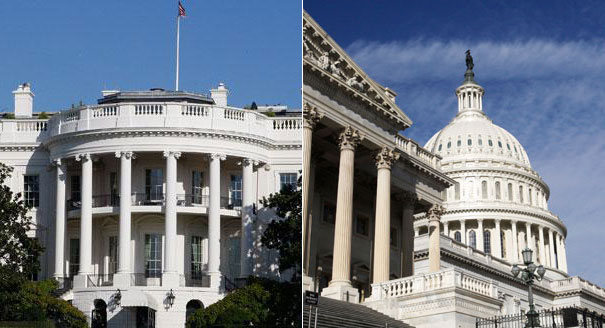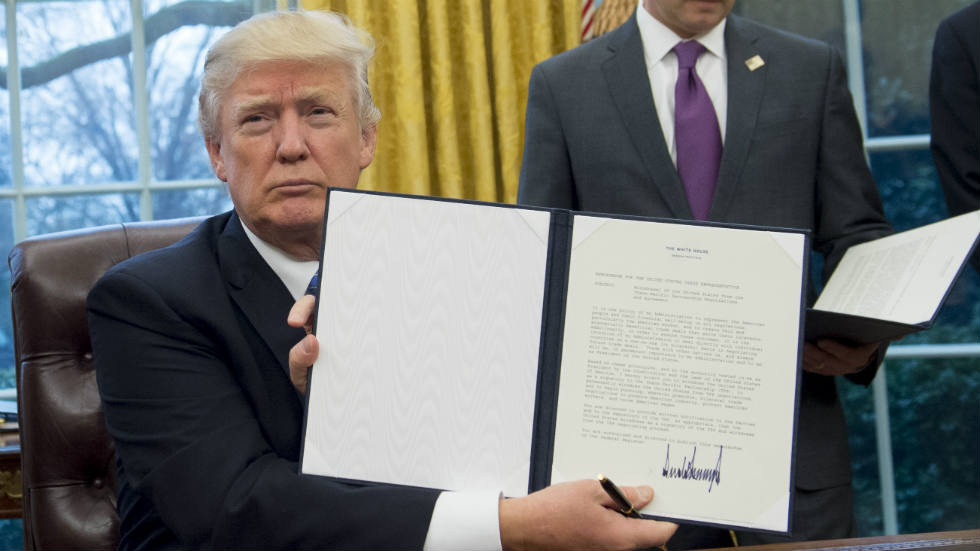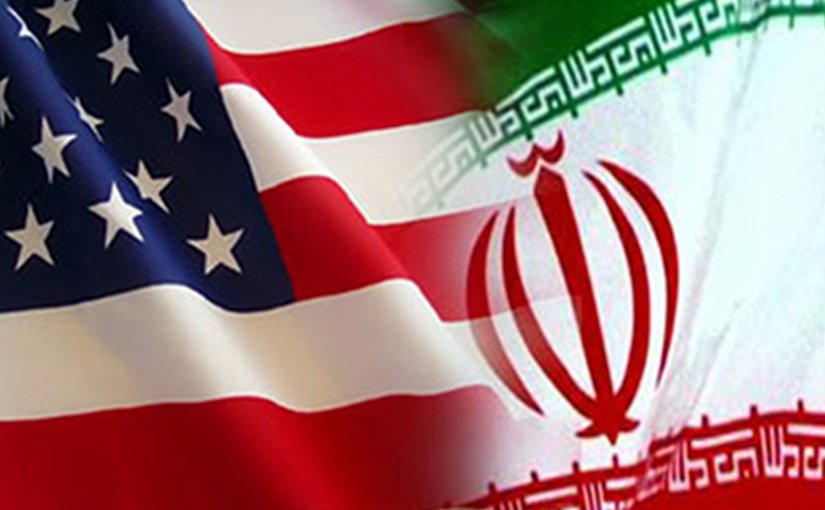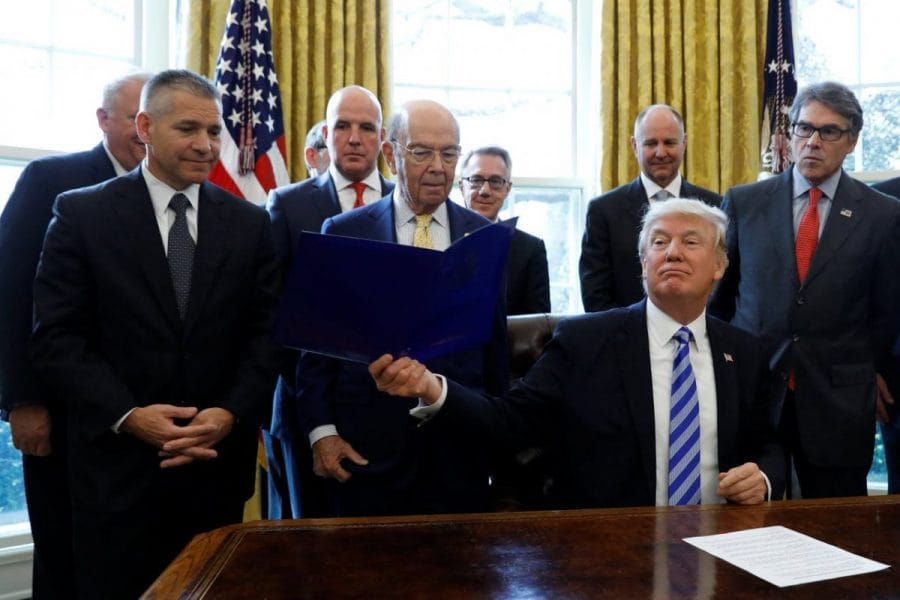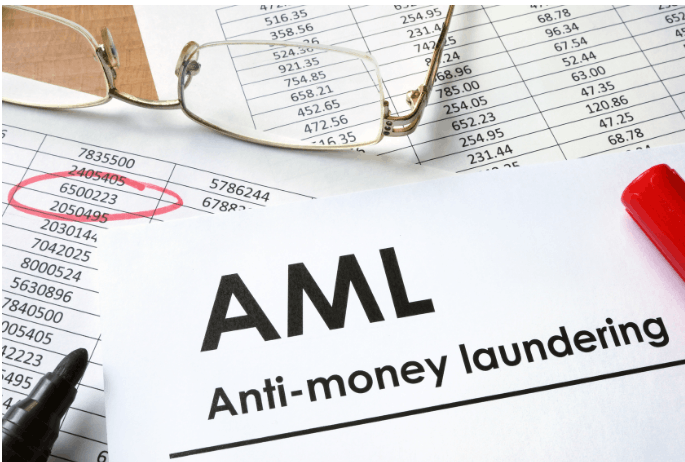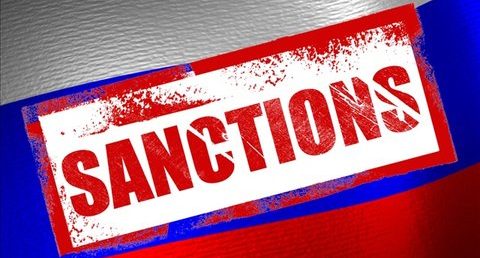House Bill “Blocks Bailout” of ZTE After Export Ban
On May 17, the House Appropriations Committee unanimously approved a measure to block the Commerce Department from using appropriated funds to alter the export ban (i.e., the “denial order”) that the agency activated against ZTE on April 15, 2018. The ZTE measure was approved as an amendment to the fiscal year 2019 bill funding the Departments of Commerce and Justice, Science, and Related Agencies (“Commerce Appropriations Bill”), which was approved by the Appropriations Committee on May 17.

